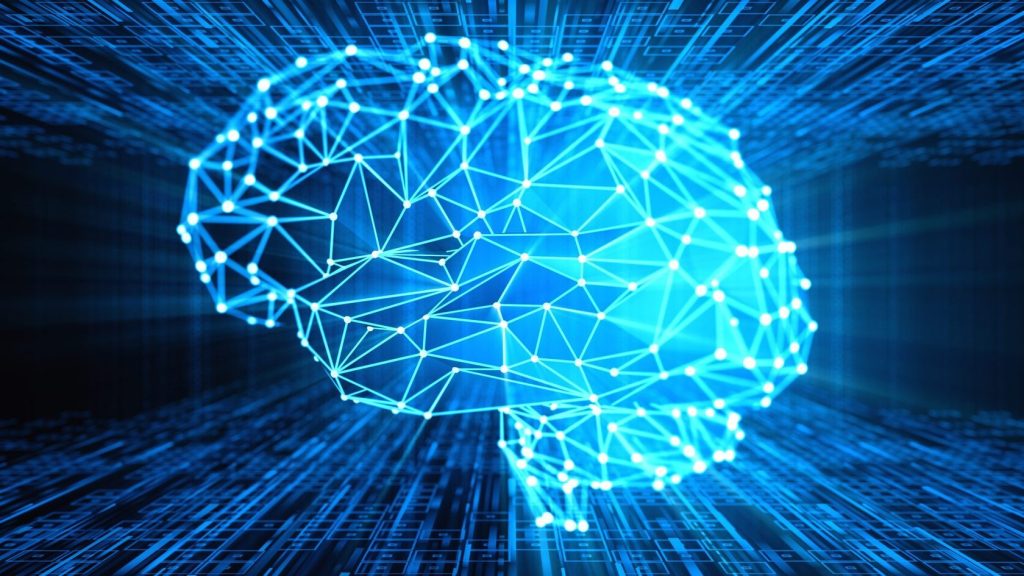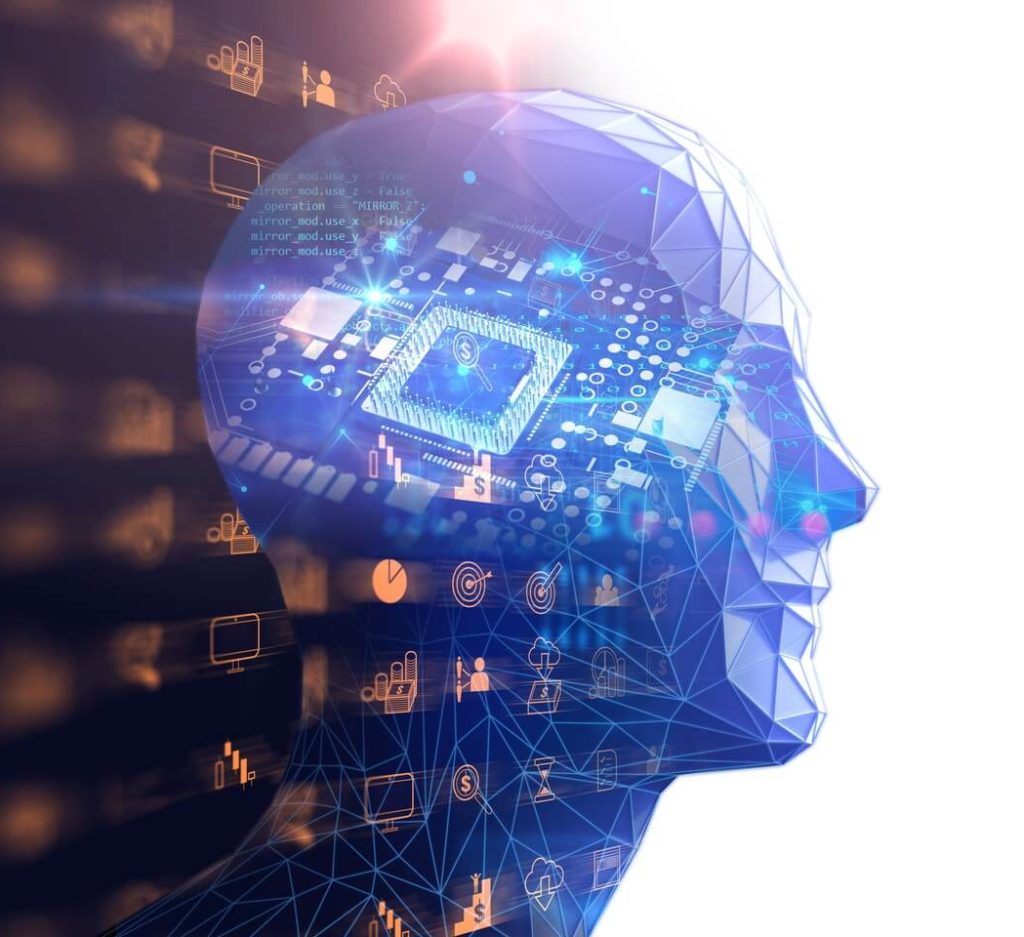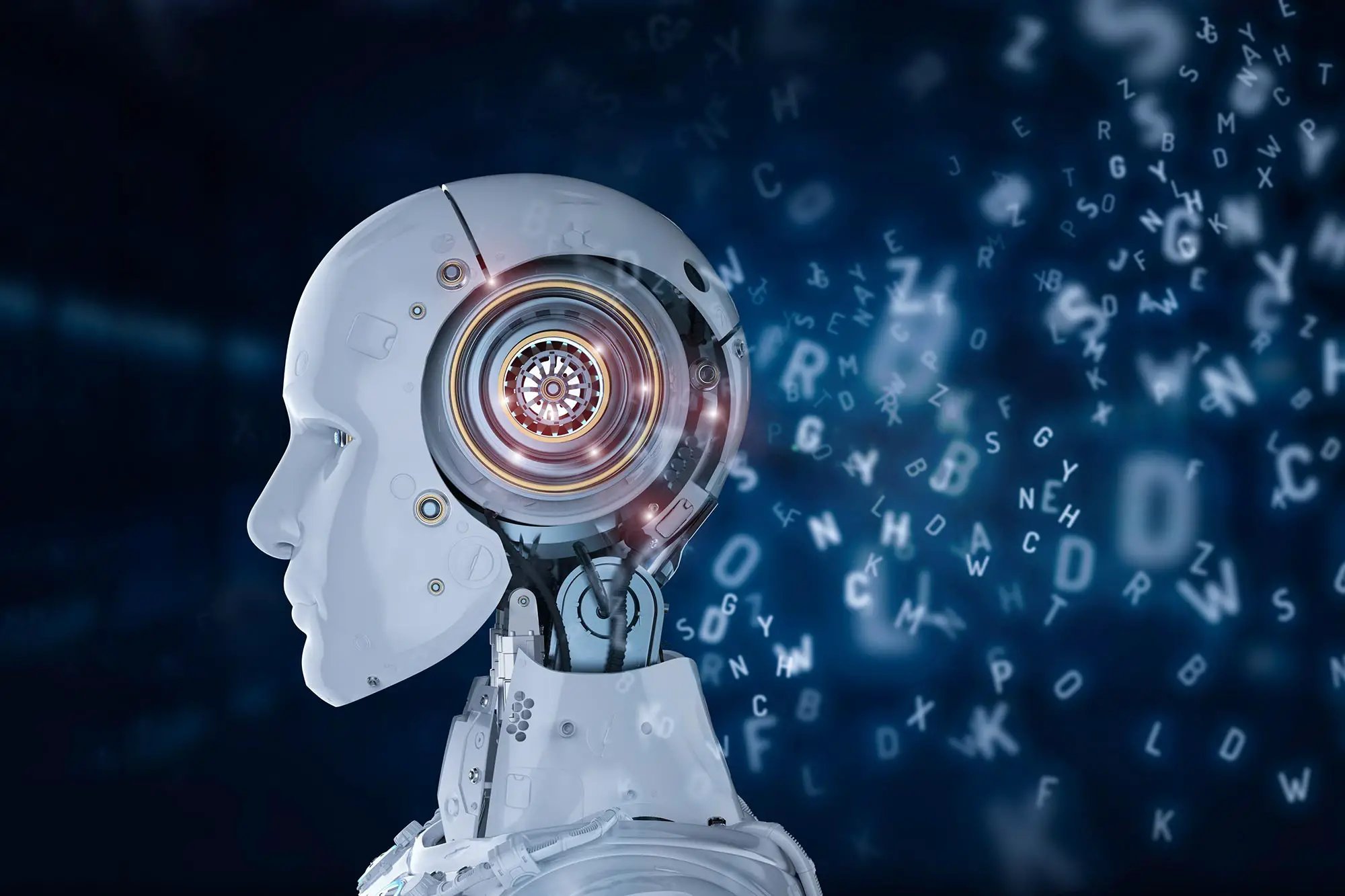The advent of Artificial Intelligence (AI) in the educational sector has fundamentally transformed the dynamics of classrooms. AI’s integration into learning environments has enabled personalized learning experiences, catering to the unique needs and learning styles of each student. This technology facilitates adaptive learning programs that adjust the difficulty level and style of content based on individual student performance. Moreover, AI-powered tools can provide real-time feedback, making learning more interactive and engaging. Teachers are now equipped with sophisticated analytics to monitor student progress, allowing them to identify areas where students struggle and tailor their teaching methods accordingly. This has led to a more student-centered approach in education, where the focus is on nurturing each student’s potential.
Streamlining Administrative Tasks

AI’s impact on education is not limited to learning; it significantly streamlines administrative tasks as well. AI algorithms can automate routine tasks like attendance, grading, and scheduling, freeing up teachers to focus more on teaching and less on administrative duties. This automation also extends to more complex tasks, such as analyzing educational material to ensure it meets learning objectives or identifying trends in student performance. By reducing the administrative burden, AI enables educators to dedicate more time to creative and interactive teaching methods, enhancing the overall quality of education. This shift not only improves efficiency but also allows for a more dynamic and responsive educational environment.
Bridging Educational Gaps with AI
One of the most significant advantages of AI in education is its ability to bridge learning gaps. With AI-driven tools, students who need additional support can receive personalized tutoring. AI can identify specific areas where a student is struggling and provide customized resources and exercises to address these challenges. This is particularly beneficial in large classrooms where individual attention from the teacher might be limited. Additionally, AI can help non-native speakers by offering language support, making education more inclusive and accessible. By catering to diverse learning needs, AI ensures that no student is left behind, promoting equity in education.
Preparing Students for the Future

Incorporating AI into education does not only enhance current learning experiences but also prepares students for a future dominated by technology. By familiarizing students with AI and its applications, education systems are equipping them with essential skills for the digital age. This includes not only technical skills related to AI but also critical thinking, problem-solving, and adaptability. As AI becomes increasingly prevalent in various industries, students who are exposed to AI in their education will be better prepared to adapt to and excel in the workforce of the future. This aspect of AI in education bridges the gap between academic learning and real-world applications, making education more relevant and impactful.
Fostering Innovative Teaching Methods
Finally, AI’s role in education has encouraged the development of innovative teaching methods. Teachers are experimenting with AI-powered tools to create more engaging and interactive learning experiences. For instance, virtual reality (VR) and augmented reality (AR) powered by AI can provide immersive learning experiences that were previously impossible. These technologies can transport students to different times and places, making learning more exciting and effective. Furthermore, AI-driven analytics enable teachers to continuously refine their teaching strategies based on student engagement and performance data. This leads to a more dynamic and responsive educational environment where teaching methods are constantly evolving to meet the needs of students.


Leave a Reply